The Value of Being A Hospice Volunteer
By Lewis E. Silverman
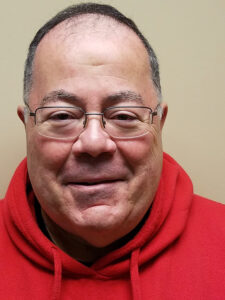 My father-in-law died three years ago in June. The final weeks leading up to his passing were particularly challenging in terms of providing for his needs. Thankfully, my wife and I were able to find and engage the services of an area hospice. I came away with a deep appreciation of the passion and commitment that it takes to work for a hospice – not only as a paid caregiver, i.e., nurse, social worker, but also as a volunteer. It was through that experience that I was lead to become a hospice volunteer.
My father-in-law died three years ago in June. The final weeks leading up to his passing were particularly challenging in terms of providing for his needs. Thankfully, my wife and I were able to find and engage the services of an area hospice. I came away with a deep appreciation of the passion and commitment that it takes to work for a hospice – not only as a paid caregiver, i.e., nurse, social worker, but also as a volunteer. It was through that experience that I was lead to become a hospice volunteer.
To be an effective hospice volunteer, one must have a genuine desire to give comfort, love and care to patients and their families during the end of life period. As a volunteer, I am acutely aware that my words, actions, and deeds will have a tremendous impact on the lives of the patients I am serving.
In order to do my job correctly, I must clearly understand and remain cognizant of my actions. It is not about me. The “I factor” must be removed from the equation. Once that is understood, we are better equipped and prepared to serve those who are in need.
Our presence is aimed at providing the most comfortable and compassionate end of life experience possible. Our value cannot be overstated. As volunteers, we are looked at as ordinary members of the community. For patients, families, and friends, this provides an extremely high comfort level. Because of that relationship, oftentimes we connect with patients on a deep, personal level. It is through this connection that we are able to provide insight to other care team members regarding the overall impact of the care that is being provided. Because we are viewed as “one of them,” patients and their families will sometimes share bits of information that they might be hesitant to share with other members of the care team.
A part of what makes our presence valuable is the unique life perspective and personality that we provide. There are similarities among us that serve as a true indicator of our effectiveness:
- We have an abundance of compassion towards those who are on the end-of-life journey.
- We have a deep-seeded respect for the life they have led.
- We have a clear understanding of our personal limits. We are there to listen to them and not make it about us.
- We have the ability to listen and be supportive regardless of what we see and hear.
The role of a hospice volunteer is not a bed of roses. However, what we experience will last a lifetime. It will enrich not only our lives, but all those who we encounter through our efforts. The kindness and hard work that we share will bring peace to our patients while planting the seeds of purpose and value in our own lives.
So, what are you waiting for?
Complete the online volunteer application form right now, download a volunteer application form and mail/email to us, or contact Laurie Murry, Volunteer Coordinator, at 717-221-7890.

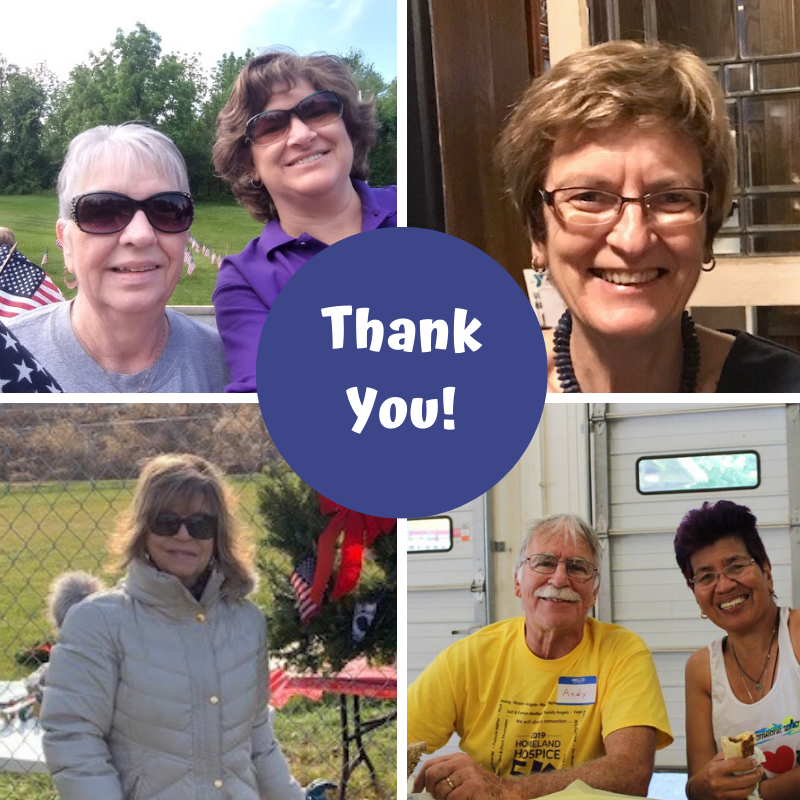 National Volunteer Week provides the opportunity to recognize the millions of Americans who provide volunteer service in communities across the country. At Homeland Hospice, 42 trained volunteers are giving selflessly to help people live as fully as possible, even when facing a serious or life-threatening illness. Even now, when our volunteers can’t visit patients and their families in the home, or provide administrative assistance in the Homeland office, they are helping our staff meet needs by making phone calls, sending cards, making protective face masks, and preparing bereavement mailings from their homes.
National Volunteer Week provides the opportunity to recognize the millions of Americans who provide volunteer service in communities across the country. At Homeland Hospice, 42 trained volunteers are giving selflessly to help people live as fully as possible, even when facing a serious or life-threatening illness. Even now, when our volunteers can’t visit patients and their families in the home, or provide administrative assistance in the Homeland office, they are helping our staff meet needs by making phone calls, sending cards, making protective face masks, and preparing bereavement mailings from their homes.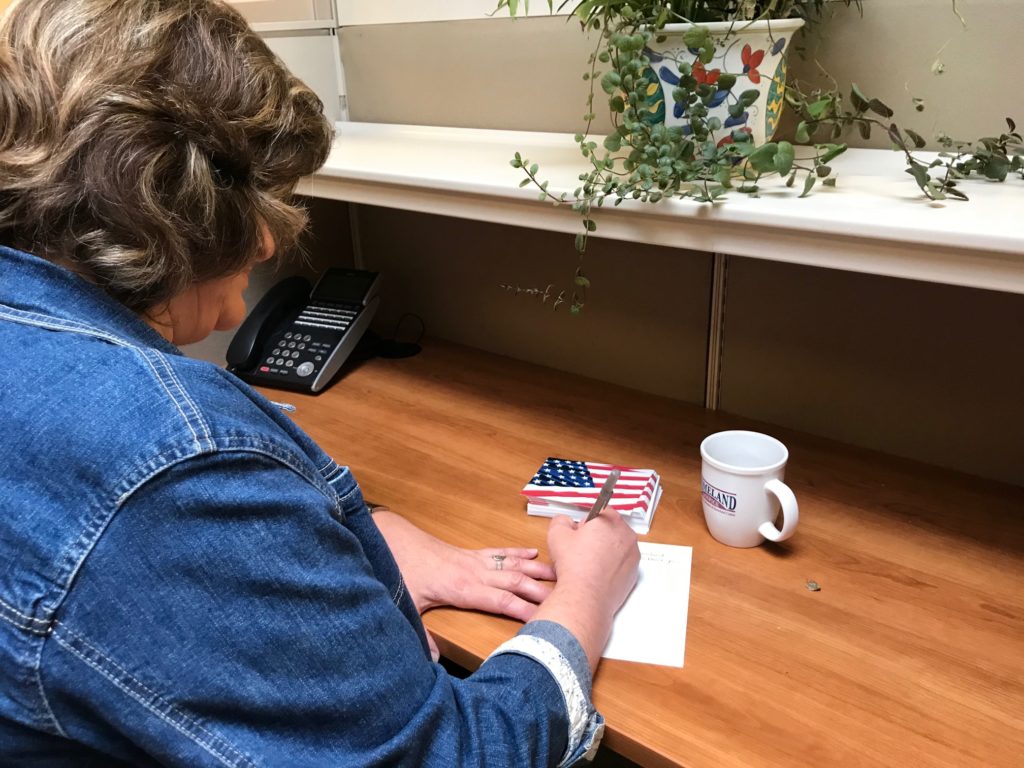 As hospice staff and volunteers, the most we can do is provide an opportunity for our patients to have the best deaths possible for them. Laurie Murry, Volunteer Coordinator said, “while everyone else is running away from end-of-life, our staff and volunteers are marching forward saying, ‘We know what you’re going through. We want to help.’”
As hospice staff and volunteers, the most we can do is provide an opportunity for our patients to have the best deaths possible for them. Laurie Murry, Volunteer Coordinator said, “while everyone else is running away from end-of-life, our staff and volunteers are marching forward saying, ‘We know what you’re going through. We want to help.’”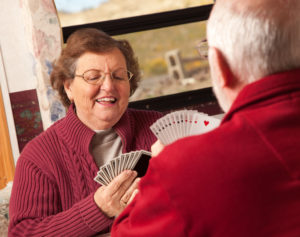
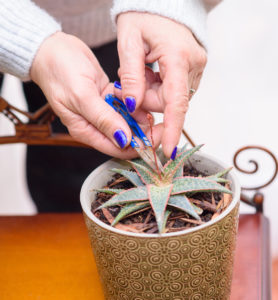 Residing at home with her daughter due to her illness, a third patient becomes short of breath easily, restricting her movement. On a beautiful March day, the sun shines brightly and temperatures are in the mid-’50s, but our patient is unable to get outside. Her volunteer decides to bring the outdoors in and helps her plant a flower from the comfort of her armchair.
Residing at home with her daughter due to her illness, a third patient becomes short of breath easily, restricting her movement. On a beautiful March day, the sun shines brightly and temperatures are in the mid-’50s, but our patient is unable to get outside. Her volunteer decides to bring the outdoors in and helps her plant a flower from the comfort of her armchair.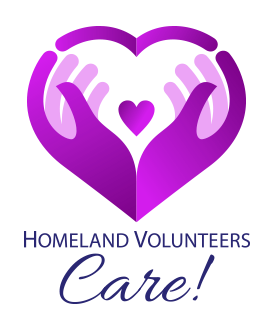 From running an errand for a grieving family to providing assistance at bereavement support group meetings, volunteers are an integral part of Homeland Hospice.
From running an errand for a grieving family to providing assistance at bereavement support group meetings, volunteers are an integral part of Homeland Hospice.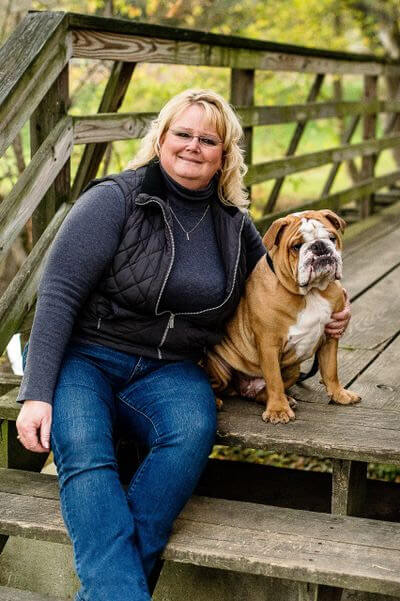
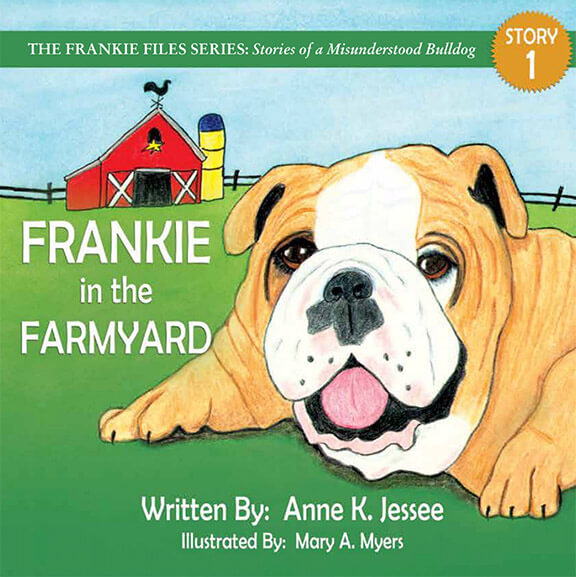 Anne’s book, Frankie in the Farmyard, unlocks the true beauty of a blended family and proves that, although we might look different on the outside, deep inside we all just want to be loved…like Frankie. To tell the story, Frankie takes you on a farmyard adventure with all of his farmyard friends.
Anne’s book, Frankie in the Farmyard, unlocks the true beauty of a blended family and proves that, although we might look different on the outside, deep inside we all just want to be loved…like Frankie. To tell the story, Frankie takes you on a farmyard adventure with all of his farmyard friends.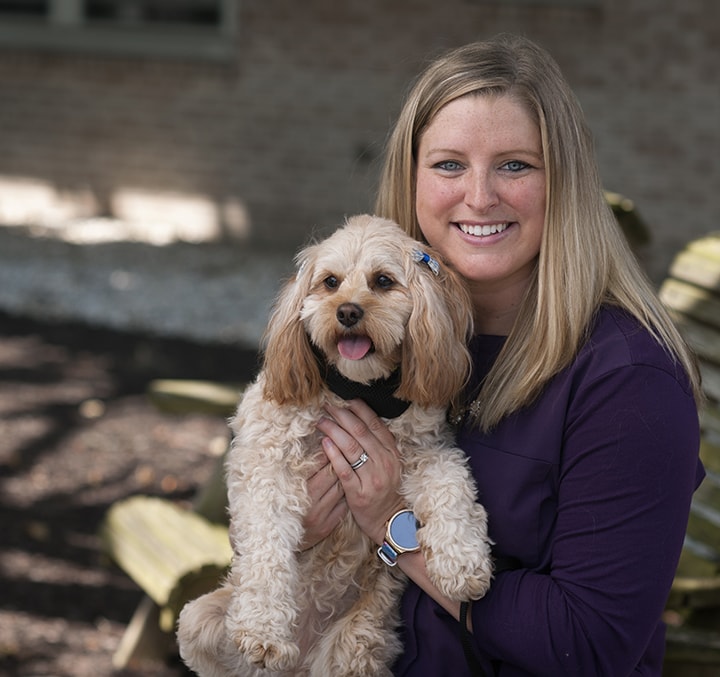 Lisa Fetter, a lifelong Dauphin County resident, is a Social Worker for Homeland HomeHealth.
Lisa Fetter, a lifelong Dauphin County resident, is a Social Worker for Homeland HomeHealth.
